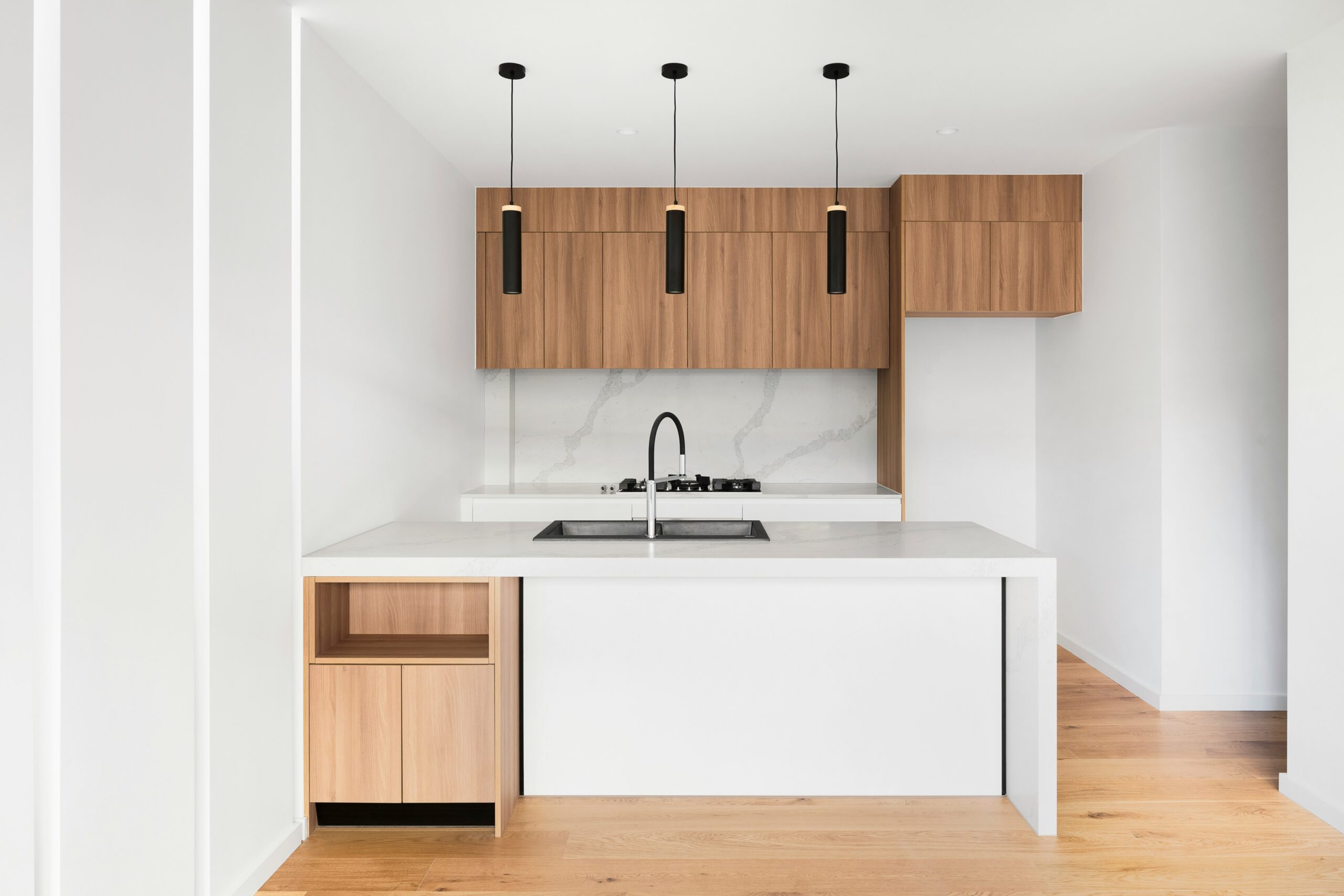While most kitchen renovations can be challenging and expensive, it is one of the most profitable investments that can help increase your home’s resale value. Here are six valuable beginner tips to help make the entire remodeling process less stressful and more manageable.

Photo by R ARCHITECTURE on Unsplash
Assess your current kitchen’s condition
Before starting the planning process, you must evaluate your kitchen’s current state. Note its size, floor plan, and features that no longer suit your kitchen space. You should also consider your budget and the primary purpose of your kitchen renovation.
List the kitchen elements or features that still work efficiently and refrain from replacing them. For instance, if your current kitchen lighting system is not broken or outdated, it would be best to keep it rather than spend unnecessarily on new light fixtures.
Create a plan
After assessing your kitchen, the next step is to develop a renovation plan. Unless you have a secondary residence or a safe place to stay during the remodeling, you must have a renovation management strategy. If you’re staying during the renovation, creating a temporary kitchen where you can conduct your daily kitchen tasks can lessen the stress. Whether you set up your makeshift kitchen in your laundry or dining area, make sure you do this before starting the remodeling.
Work with professionals
If you intend to remodel your kitchen independently, you must have at least the necessary renovation skills and knowledge, as the whole endeavor can be expensive and time-consuming. Since this is your first time renovating, working with a professional builder is ideal than doing it on your own. Choose a contractor who suits your budget and understands your kitchen vision. Working with experts ensures you achieve your kitchen goals and saves you from costly mistakes.
Invest in durable materials
The kitchen is usually the heart of any home, so investing in quality and durable renovation materials is essential. Since you’ll be using your kitchen often, the materials you choose should be sustainable, long-lasting, and able to withstand the wear and tear of daily usage. If you want heavy-duty and easy-to-clean countertops, investing in granite countertops is more practical than its laminate counterparts.
Buy appliances beforehand
Buying your kitchen appliances and other essential items before remodeling can make the renovation process more systematic. If you can’t purchase everything beforehand, leave enough space in your design layout to ensure they blend well with your new kitchen.
If your budget is tight, survey your current kitchen items and do a thorough inventory. Keep those that still work well and complement your kitchen vision. Discard or donate kitchen items you barely use to reduce kitchen clutter.
Prioritize function over aesthetics
Functionality should be a priority when renovating. Your kitchen should work for you, not vice versa. Instead of focusing on aesthetics, design a layout that will make you more efficient and can satisfy your kitchen needs. Make sure you can comfortably move around with your chosen layout and have enough space for company. Avoid trendy designs unless they can increase your productivity and your property’s value.
